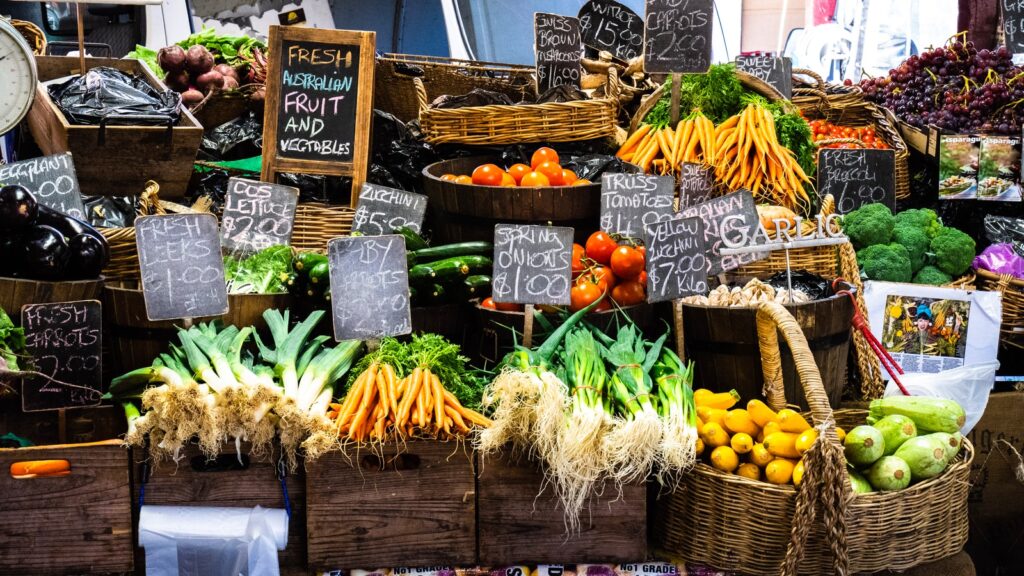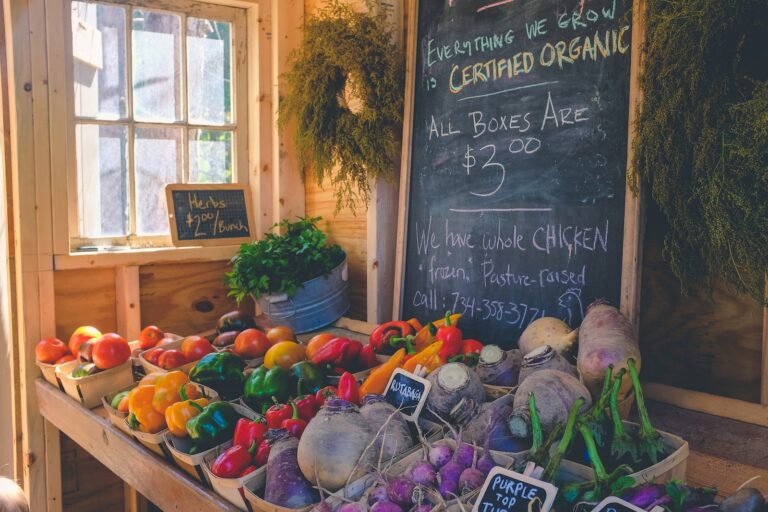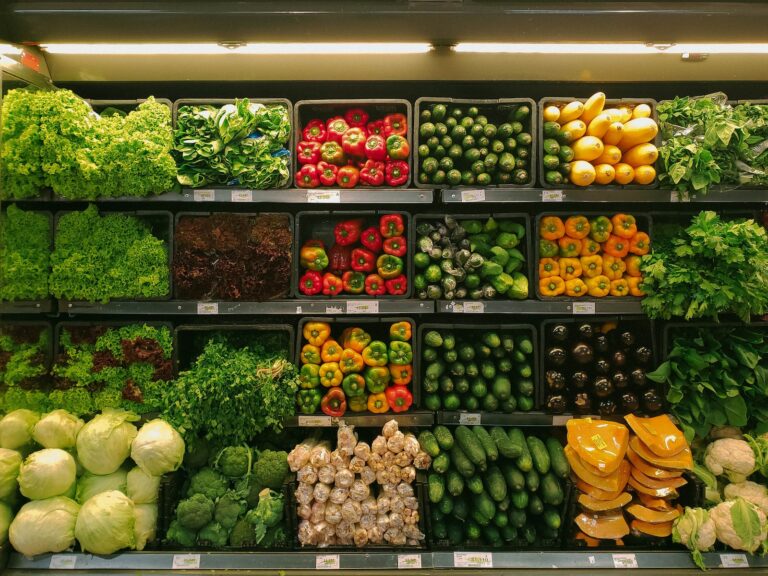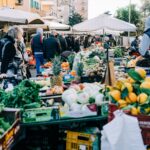Can you make money at a farmer’s market? This is a question that many sellers ask themselves, and the answer is…maybe. In this blog post, we’ll explore some of the factors that go into whether or not selling at a farmer’s market is a viable option for making money. So, if you’re curious about how to make money as a farmer’s market seller, read on!
What is a farmers market and what can you find there?
A farmers market is a marketplace where farmers sell their fresh produce directly to consumers. Farmers’ markets typically take place outdoors, and they often have a festive atmosphere, with music and other entertainment. Farmers’ markets offer a wide variety of fresh fruits and vegetables, as well as dairy products, meat, and other locally produced food. In some cases, farmers’ markets may also sell flowers, plants, and artisan goods. Farmers’ markets provide an opportunity for farmers to connect with their customers and build relationships with the people who support their business.
In addition, farmers’ markets offer consumers the chance to buy fresh, local food and support the farmers who produce it.
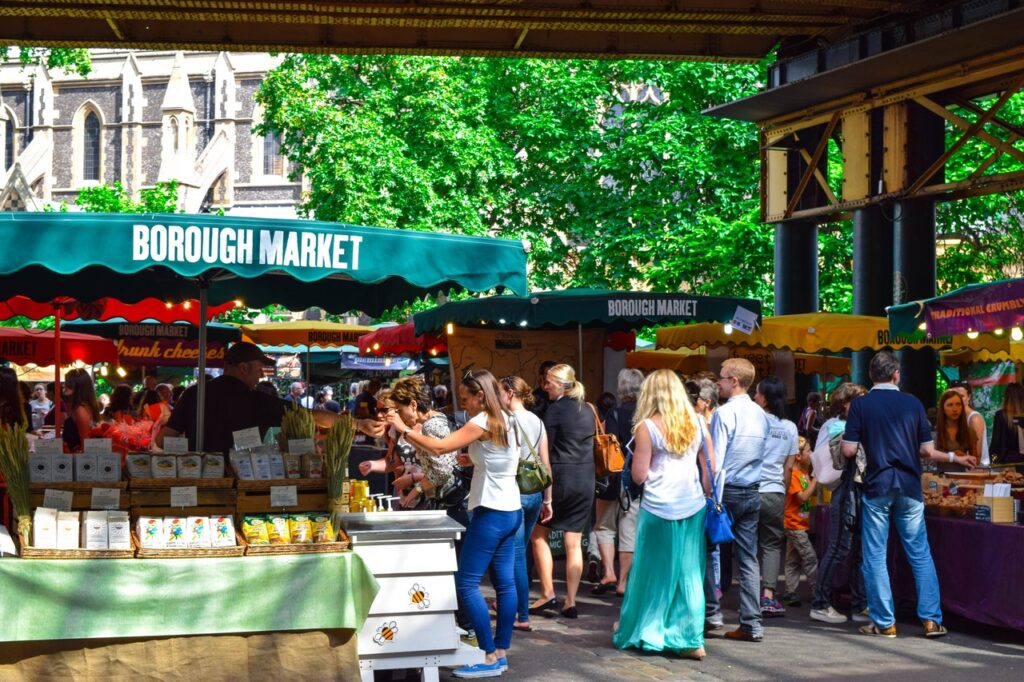
How do you make money at a farmers market – are there any tips or tricks to know about beforehand?
Farmers markets can be a great way to make some extra money.
Here are a few tips to help you get started:
First, do your research and find a farmers market that is a good fit for your products. There are farmers’ markets for all kinds of products, from produce to artisan goods. Make sure to find one that would be interested in the type of product you’re selling.
Next, start promoting your farmer’s market stall in advance. Let your friends and family know where you’ll be and what you’ll be selling. If you have any social media accounts, be sure to post about them there as well. The more people you can get to come to your stall, the better.
Making money at a farmer’s market can be a bit of a challenge, but there are definitely some tips and tricks that can help you out. First of all, it’s important to have a good selection of products.
You should have a mix of fresh produce, prepared foods, and other items like flowers or body care products. It’s also important to have good signage so that people can easily see what you have to offer. You’ll also want to make sure you’re friendly and approachable so that people feel comfortable coming up to your booth.
Also, make sure to sign up for a farmer’s market insurance plan for any unforeseen circumstances in the market.
Finally, on the day of the farmer’s market, make sure to bring plenty of change and bags for customers. Have your stall set up in an attractive way, and be prepared to answer any questions that potential customers may have. If you follow these tips, you should have no problem making money at your farmer’s market stall.
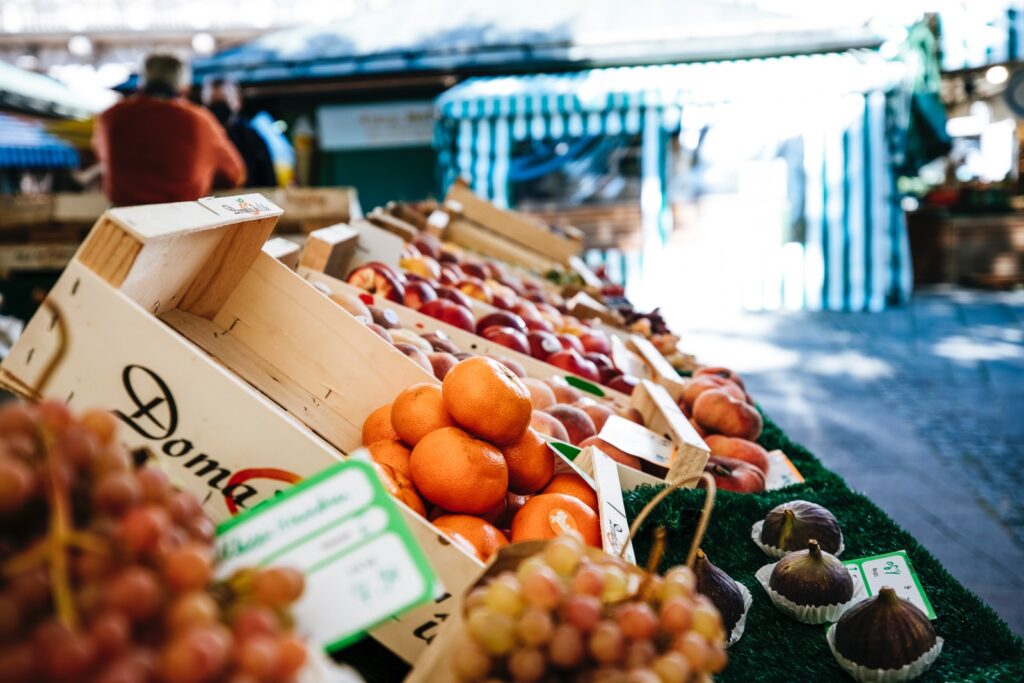
What are some of the pros and cons of selling at a farmer’s market compared to other venues like online or in a store settings?
Farmers’ markets provide a great opportunity for farmers to sell their produce directly to consumers. This offers several advantages over other venues, such as grocery stores or online retailers.
- Farmers’ markets typically have lower overhead costs than other retail outlets. Second, farmers’ markets offer farmers the opportunity to build relationships with their customers and to educate them about the products they are selling. Finally, farmer’s markets provide a unique atmosphere that can be appealing to consumers. However, farmers’ markets also have some disadvantages.
- They are often only held once a week, which can limit customer exposure to the products.
- Farmers’ markets can be subject to weather-related cancellations or delays, which can impact both farmers and consumers alike.
- Farmers’ markets may not be located in convenient locations for all consumers. Despite these drawbacks, farmers’ markets remain a popular option for both farmers and consumers looking for fresh, local produce.
Are there any other benefits to selling at a farmers market, such as networking opportunities or meeting new people?
In addition to the obvious benefits of selling your products at a farmers market, such as reaching a new customer base and increasing your sales, there are also many other advantages to consider.
For example, farmers’ markets provide an excellent opportunity to network with other local businesses.
You can build relationships with other vendors, exchange ideas, and learn about new products and services. In addition, farmers’ markets are great places to meet new people. You will have the chance to chat with customers, learn about their needs and preferences, and get feedback on your products.
All of these factors can help you to improve your business and better serve your customers. So, if you are thinking about selling at a farmer’s market, be sure to keep all of these benefits in mind!

What should you consider before deciding whether or not to sell at a farmers market – is it the right choice for your business model and goals?
Before deciding whether or not to sell at a farmers market, there are a few things you should consider.
First, take a look at your business model and goals. If you’re trying to reach a local, organic-focused customer base, then a farmer’s market may be a good fit. However, if you’re selling mass-produced items, you may have more success at a traditional retail outlet. It’s also important to consider the logistics of selling at a farmer’s market.
Can you transport your products to and from the market safely? Do you have the staff to set up and staff a booth? If not, selling at a farmer’s market may not be feasible.
Finally, take some time to visit your local farmer’s markets and see what type of products are selling well. This will give you an idea of whether or not your products would be a good fit for the market. With these things in mind, you should be able to make a decision about whether or not selling at a farmer’s market is right for your business.

